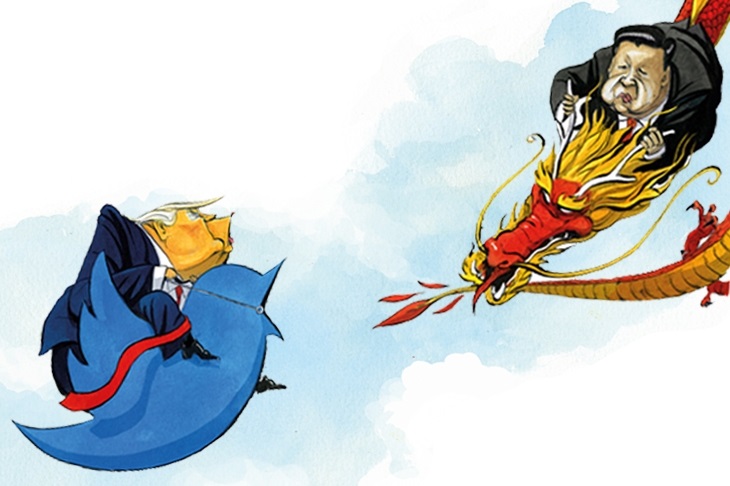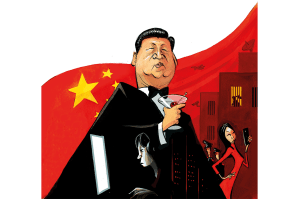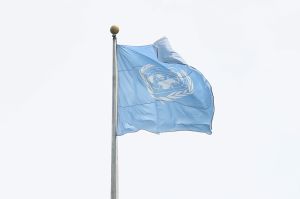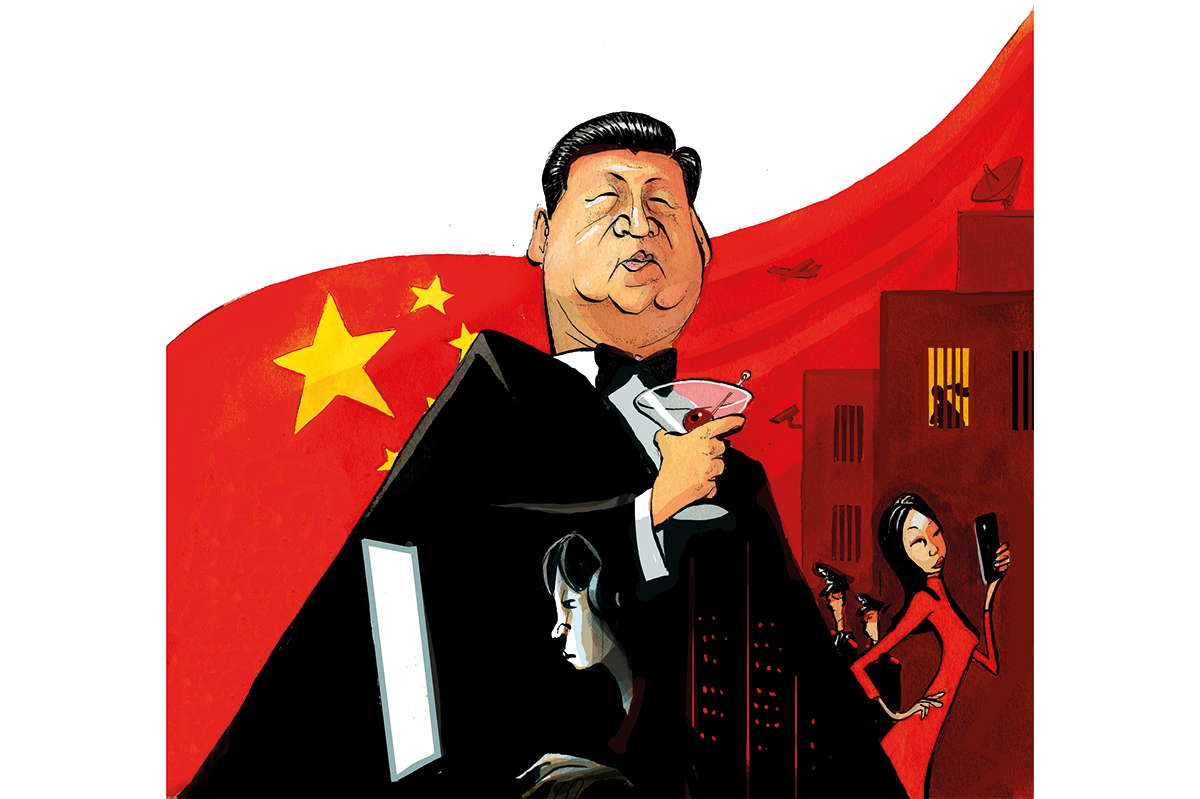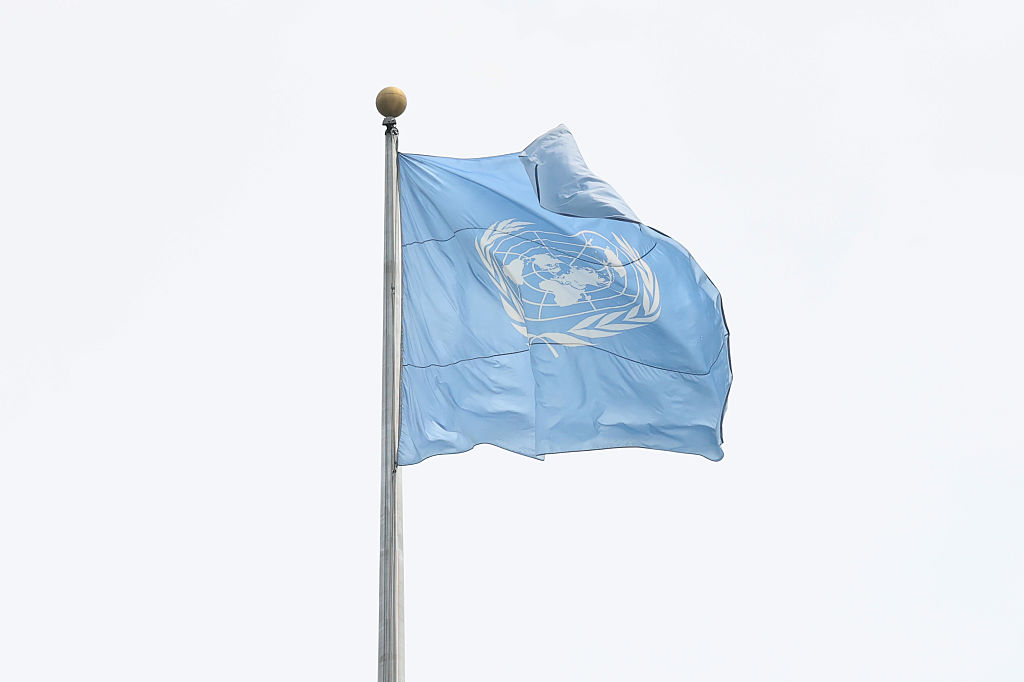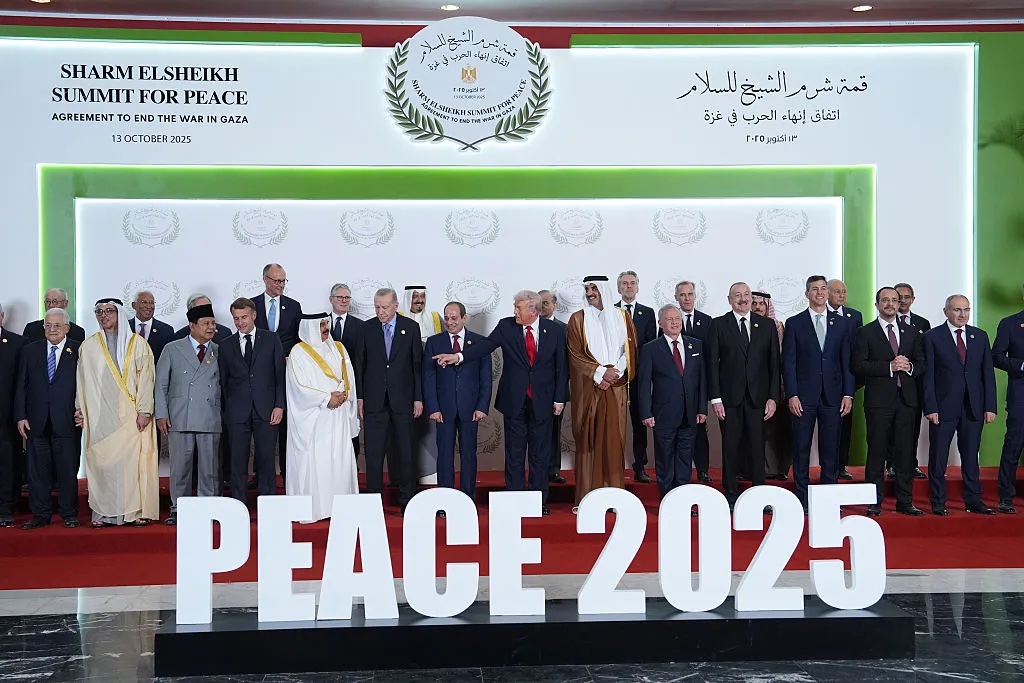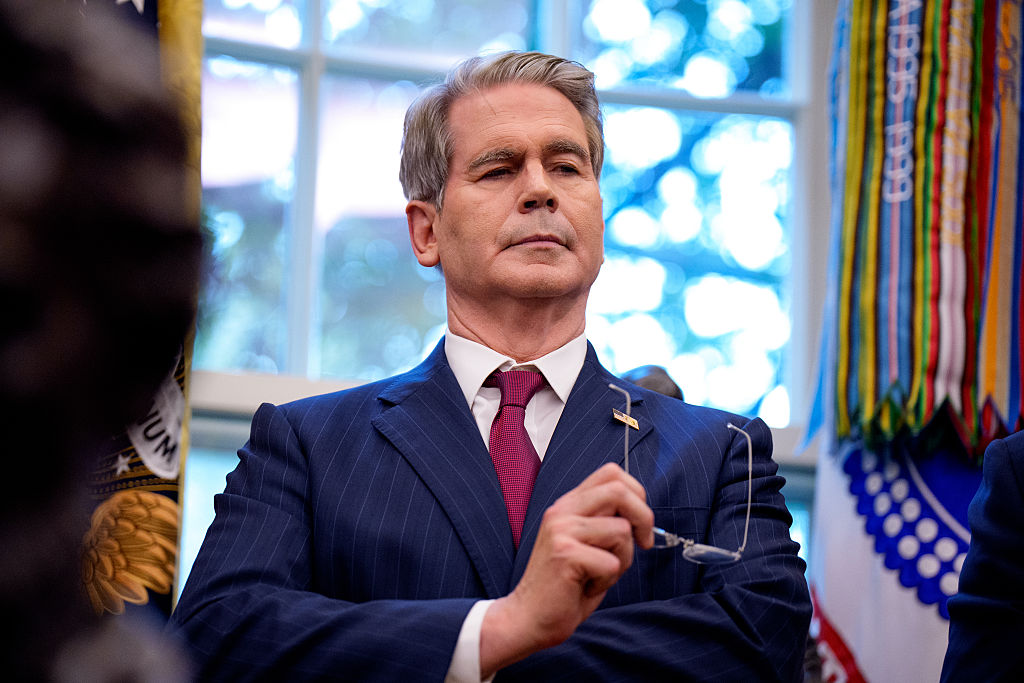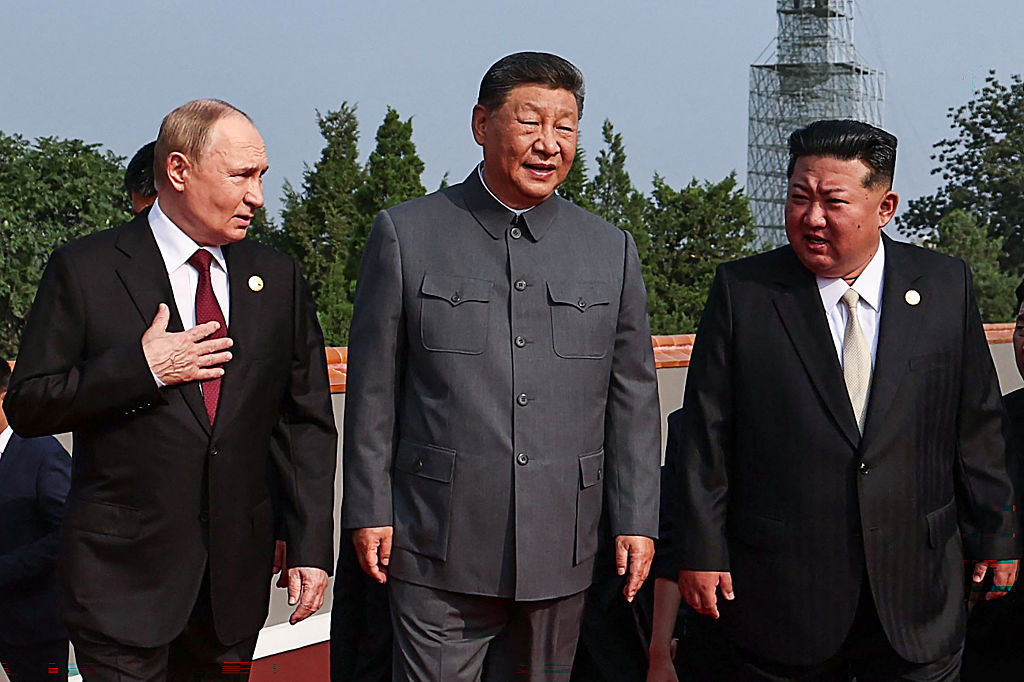By one estimate, Chinese military exercises close to Taiwan this week were the largest since 1996, when Beijing attempted unsuccessfully to disrupt the island’s first fully democratic presidential election. Up to 100 warships were estimated to have taken part in what Taiwanese officials described as a “significant security challenge,” while Russian warships were also spotted close to Japan and South Korea.
The danger for the CCP is that it stands to lose more than the US from any intensified trade war
The drills were far more ambitious than those held earlier this year, which were focused on blockading Taiwan. They covered a vast swathe of sea north of the island and appeared to be a warning to the US and its allies to stay out of any fight. In military jargon the Chinese were practicing anti-access/area denial, which is a key element of Beijing’s strategy for fighting a war around Taiwan, designed to deter American intervention by making it too dangerous and costly. It seems no coincidence that it came on the eve of Donald Trump’s inauguration.
The drills coincided with a flurry of economic actions targeting the US. Beijing launched an investigation into US computer chipmaker Nvidia, one of America’s leading tech companies, over alleged violations of competition rules. The tech giant is a pioneer of super-fast chips that power artificial intelligence and has a market value of more than $3 trillion. At the same time, four of China’s top industry associations issued a coordinated warning to members that US-made chips are “no longer safe,” and they should buy locally instead. Washington has already restricted Beijing’s access to most of Nvidia’s high end chips, deemed to have military applications, but China (and Hong Kong) still accounts for around 13 percent of its sales.
China also restricted sales of key minerals to the US, including antimony, gallium and germanium. Gallium and germanium are used in semiconductors, while germanium is also used in infrared technology, fiber optic cables and solar cells. Antimony is used in bullets and other weaponry. China accounted last year for nearly half of globally mined antimony, 59.2 percent of refined germanium output, and nearly all of refined gallium production, according to consultancy Project Blue. China’s commerce ministry also ordered closer scrutiny of the export of graphite, a key component of electric vehicle batteries, the processing of which is also a near Chinese monopoly.
China has begun to limit sales to the US and Europe of key components used to build drones, according to Bloomberg. The move, which could hit drone supplies to Ukraine, is seen as a prelude to broader export restrictions on such components expected in the new year.
The Chinese Communist Party (CCP) is also threatening to add more American companies to what it calls its “unreliable entity list.” These include PVH, which owns the Calvin Klein and Tommy Hilfiger brands, which has a significant presence in China, and is being investigated for “boycotting Xinjiang cotton and other products without any factual basis,” according to the commerce ministry. Western clothing brands have come under pressure from their own governments to police their supply chains to see they are free from forced labor, a move the CCP describes as “discriminatory.”
Beijing also announced last week that it will impose visa restrictions on US officials who have “behaved poorly on Hong Kong-related issues,” seemingly in retaliation for Washington’s threats to sanction Chinese officials responsible for implementing a draconian national security law in the territory.
This flurry of hostile moves can be seen in part as a response to intensifying US sanctions against Chinese companies and restrictions on the export to China of advanced technology, but it is also designed as a warning to Trump as he considers hiking tariffs on Chinese exports by up to 60 percent, which could cut China’s growth rate by half, according to UBS. The danger for the CCP is that it stands to lose more than the US from any intensified trade war.
The bipartisan view in Washington is that China has consistently gamed the international system, and those in Washington urging more sanctions and an acceleration of efforts to reduce dependencies on China will be emboldened. Critical minerals is a key case in point, where China has come to dominate production and processing through heavy subsidies, lower costs and a willingness to tolerate far higher rates of environmental degradation.
Recent reports by western chambers of commerce in China have been almost universally gloomy as the geopolitics worsens and China becomes an increasingly hostile place to do business. These anonymous reports on business sentiment are often used by companies as a platform to vent, since criticizing the CCP directly can invite retribution. If the trade war intensifies, Beijing has a number of high profile American companies it could go after, though it will choose its targets carefully. Apple and Tesla are two of the most heavily exposed companies, highly dependent on China as a market and production base, but both are probably safe in the short term. CEOs Tim Cook and Elon Musk, who is now a Trump confidant, are both big cheerleaders for China, and will be regarded by Beijing as important assets — at least for now.
To add a further twist to the uncertainly, it emerged this week that President-elect Trump has invited President Xi Jinping to his inauguration next month. Trump will begin his second term with US-China relations in their worst state since the two countries established diplomatic relations in 1979. Karoline Leavitt, the incoming White House press secretary, told Fox News that it was “to be determined” if Xi would accept the invitation.



